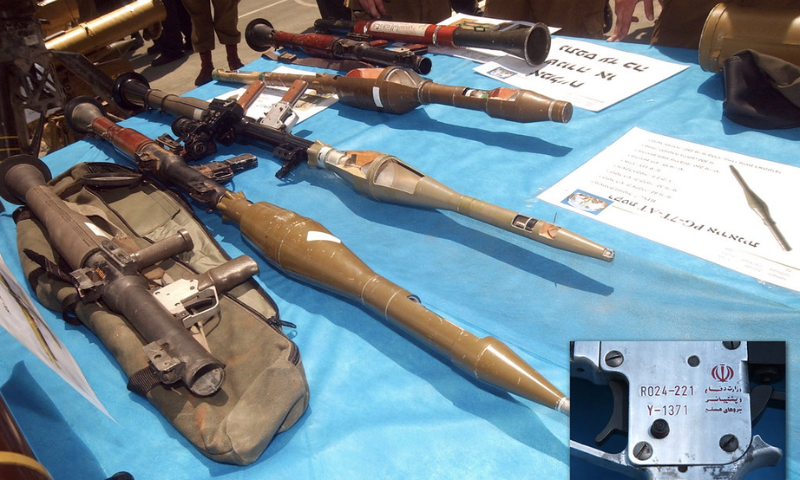Salem Alketbi
Israel Hayom, Oct. 11, 2023
“Opening several combat fronts against Israel at the same time is a scenario that was rehearsed and the Israeli side’s reaction to it was tested.”
As an observer of the events, I find that Hamas’s invasion of several Israeli towns, while noteworthy, pales in importance compared to the rationale behind its adoption of heinous tactics that mirror those used by ISIS. I tried to answer the central question of why Hamas adopted this bloody strategy that reminds us of ISIS. The answer is twofold: First, to create a deep psychological shock wave that will entail a huge cost on both sides, thus forcing Israel to carry out retaliatory operations and sparking a state of creative chaos that is psychologically, economically, and militarily consuming.
Second, while Hamas presents the Palestinian people in Gaza as its scapegoat, it seeks refuge inside the tunnels to wait for its rewards. Reports indicate that Hamas sought to conduct hostage negotiations with Israel through an Egyptian mediator, which implies that it is presenting the hostages as a symbol of its strength, and suggests its willingness to eventually cease operations, albeit a time-consuming process. However, these events only scratch the surface of a larger, hidden agenda.
Amidst the turmoil and distressing events that have captivated global attention, a lurking malevolence emerges – the involvement of Iran. The actions of Hamas are, in essence, a thinly veiled smokescreen aimed at diverting attention from a more extensive series of impending operations. These operations include opening additional fronts after sapping Israel psychologically and militarily within the Gaza Strip.
This serves the dual purpose of detracting global focus from Iranian maneuverings along Israel’s borders. Initiating multiple combat fronts against Israel concurrently is a meticulously rehearsed scenario, accompanied by an evaluation of Israel’s response strategies. Israel’s reliance on established rules of warfare, coupled with the international and regional response to its actions as a recognized state, contrasts starkly with the unbounded operational latitude of terrorist organizations, which are unencumbered by international legal constraints.
… [To read the full article, click here]


